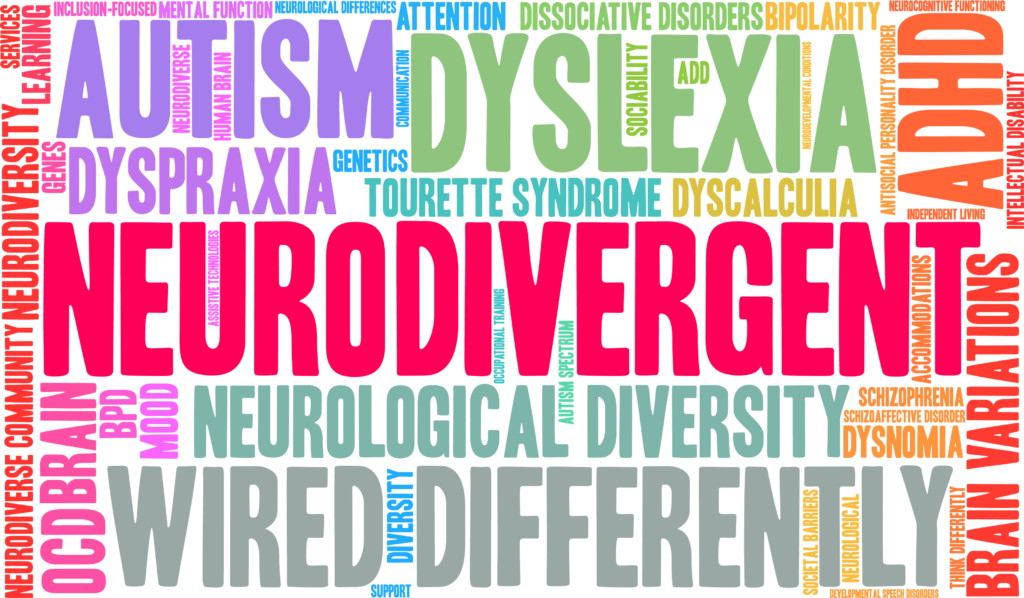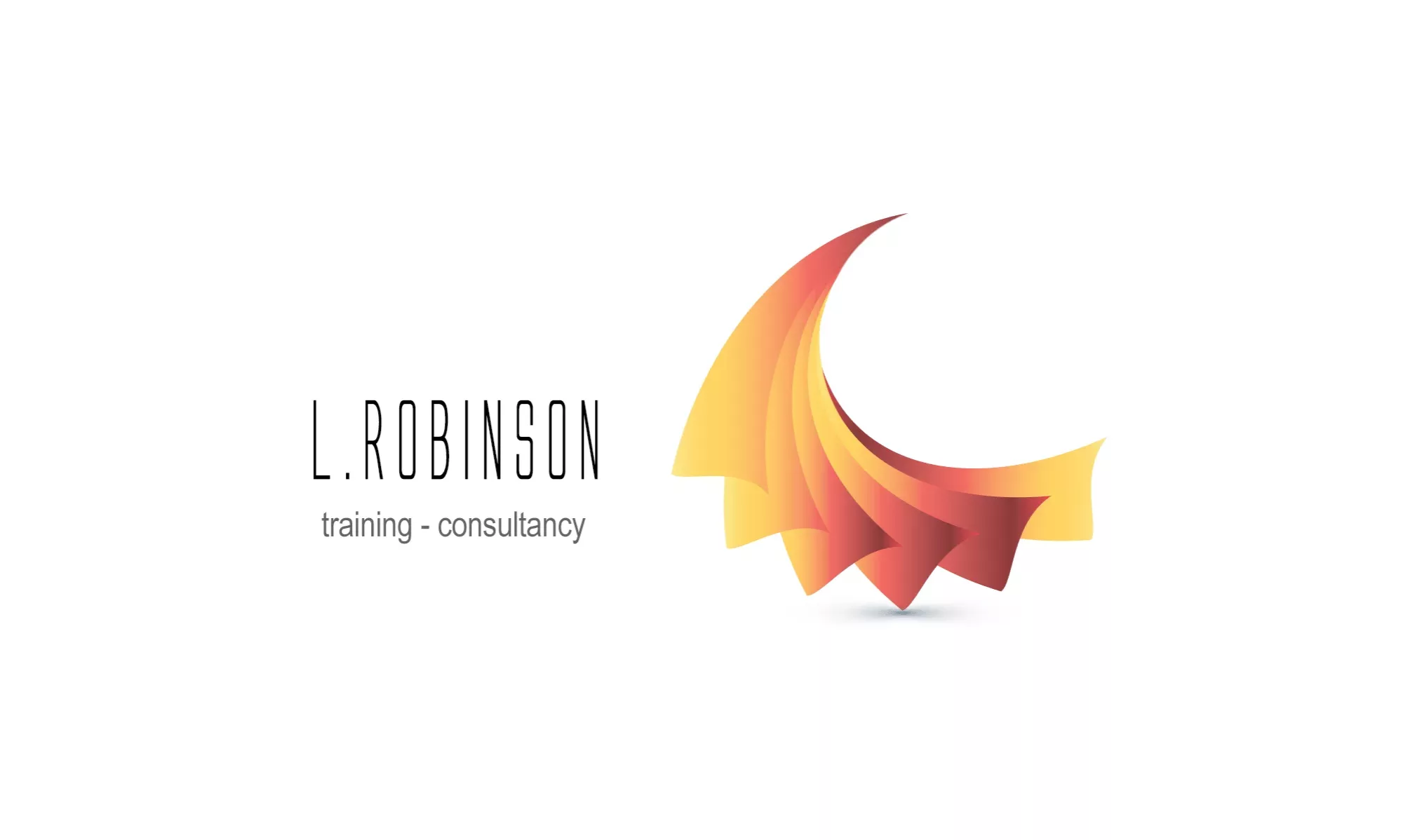Empowering Neurodivergent Students!
Welcome to L.Robinson Training | Consultancy
Are you a neurodivergent student seeking a supportive and inclusive academic journey?
Look no further – Here at L.Robinson Training | Consultancy (LRTC) we are proud to have a seasoned consultant who specialises in empowering neurodivergent students. With a deep understanding of the challenges you might face, and a genuine commitment to your growth, LRTC is here to guide and mentor you every step of the way, and celebrate your unique strengths, to work towards achieving your academic and career ambitions.





